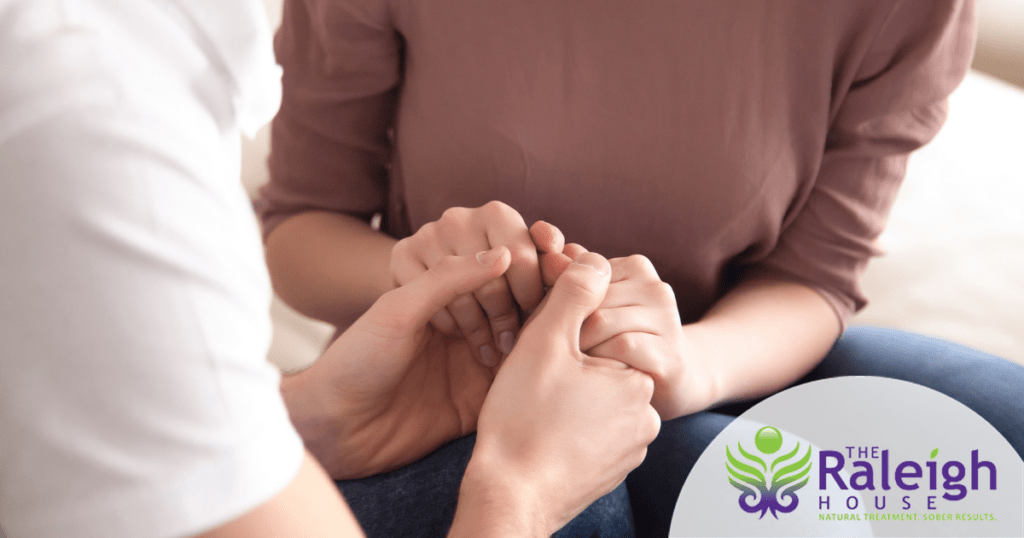
There are so many emotions at a time like this.
On one hand, you’re so relieved that your loved one is in treatment for drug or alcohol addiction. It’s the thing you’ve wanted most in the world—and it’s finally happened.
But on the other hand, there’s so much resentment, worry and pain. So much damage has already been done.
You knew this wouldn’t be easy for your partner and it won’t be easy for you either. There are, however, steps you can take that will help both of you.
Educate Yourself
During the first few weeks of treatment, there won’t be a whole lot for you to do. Your loved one is going to be encouraged to focus on his or her recovery—not on staying connected to the outside world.
That makes this a great time to educate yourself about addiction. Attend support groups like Al-Alon or Nar-Anon if you find them helpful. Read books and seek the support of people who have been in your situation.
Forgive and Start Fresh
It’s critical to try to look past the damage caused by the disease of addiction and see the person you fell in love with.
One review, done by the Philadelphia Veterans Affairs Medical Center, found that those in recovery who felt “reassurance of worth” had significantly improved treatment outcomes, even if they’d relapsed in the past. On the flip side, the review reports that “marital distress and spousal criticism are frequently associated with worse outcomes in treatment-seeking addicts.”
That doesn’t mean you allow yourself to be treated poorly in any way, but it does mean that you must find a way to move beyond what has happened in the past.
Participate in Your Loved One’s Recovery
Family workshops and therapy are usually a part of any treatment program. This isn’t an item just to check off your list. It’s an opportunity for your loved one—and for you—to do the kind of healing needed to move forward.
The huge benefit, of course, is that you’ll have a trained therapist there to guide you.
For many people, it’s not easy to open up and talk about feelings. If that’s something you struggle with, remember that there will be someone there to help you. And remember what your goal is—to help your loved one recover and to restore your relationship.
How to Support an Addict in Recovery: What Not To Do
When trying to convince a loved one to seek help and get better, there’s just about nothing that most people won’t try. If you loved me you’d stop using. Why are you hurting me like this?
But now your partner is in rehab, so using blame and guilt as tactics is no longer needed. If you’re still angry, hurt or feel the need to punish your loved one, therapy can help you work through those feelings.
Comprehensive Addiction Rehab Near Denver
The Raleigh House is a residential treatment center located in Denver where your loved one can get the help he or she needs to heal and grow. Our team of experts works together to tackle the physical, psychological, mental, emotional, spiritual and social aspects of addiction. Fill out our form or contact us today to learn more about our drug and alcohol addiction treatment programs.




